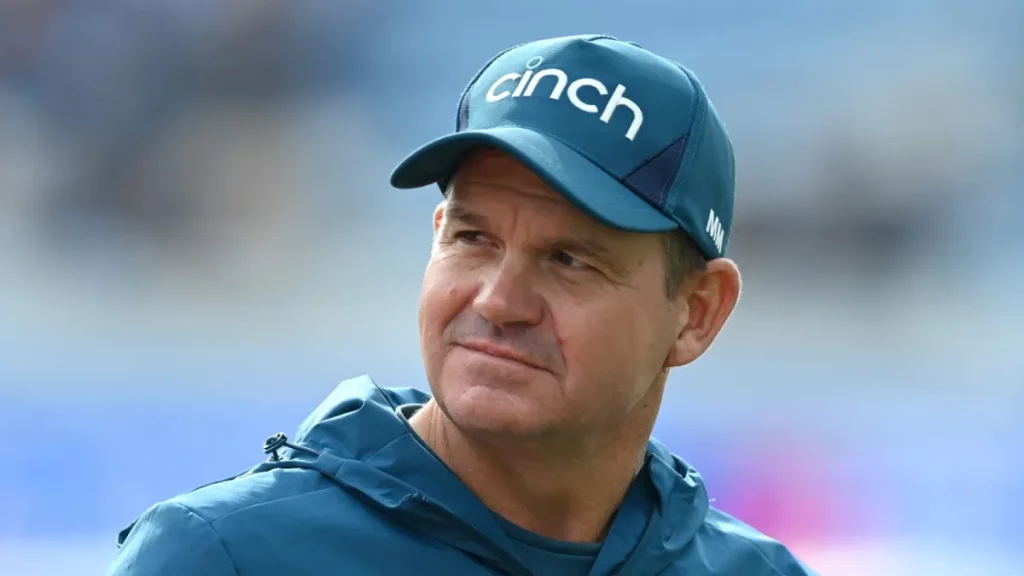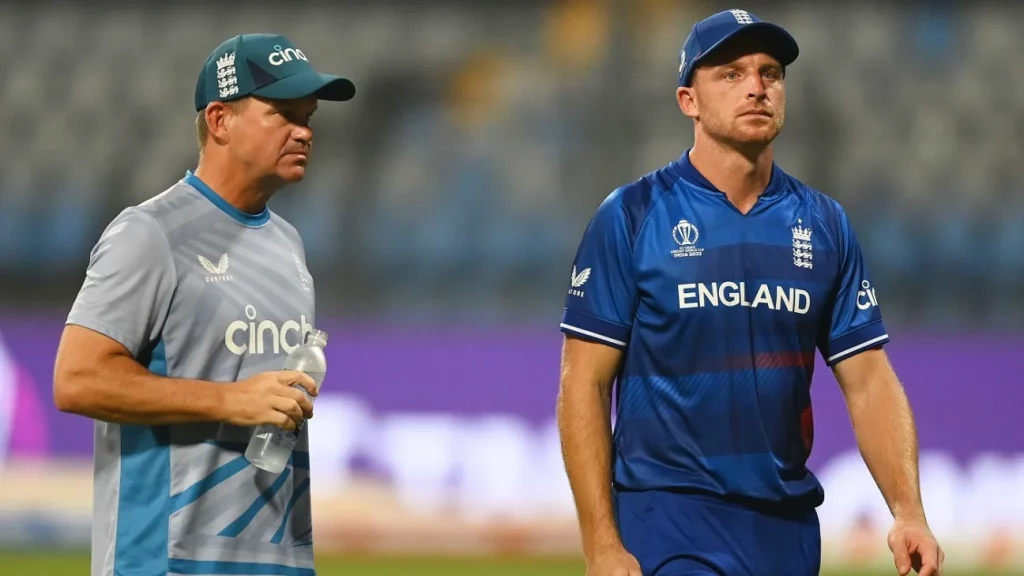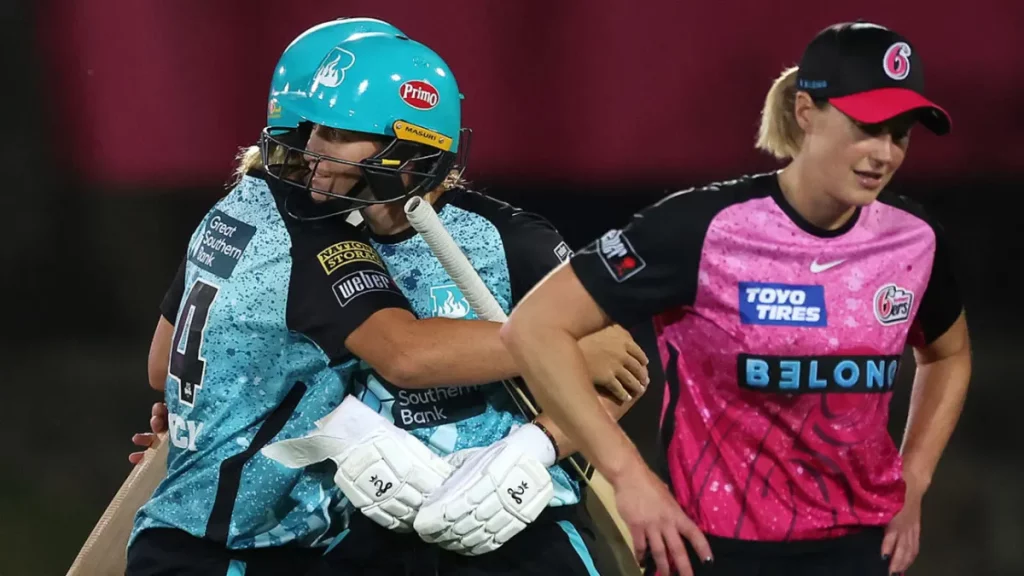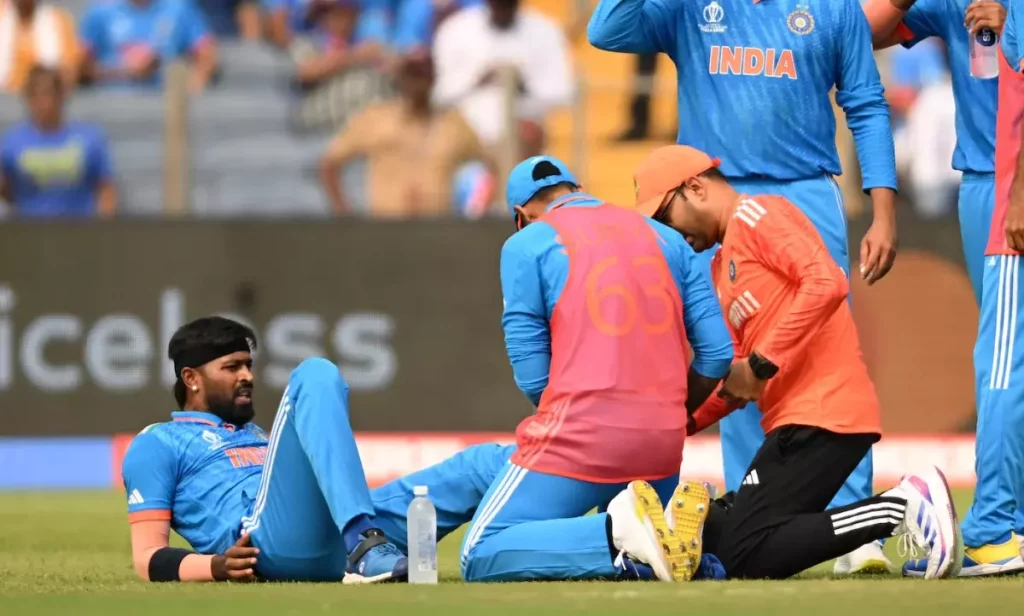The recent performance of England’s white-ball cricket team in the West Indies marks the beginning of a new era under the guidance of head coach Matthew Mott.
This article delves into the nuances of the team’s current phase, emphasizing the need for patience and understanding the dynamics of a team in transition.
Challenges and Potential in the New Squad
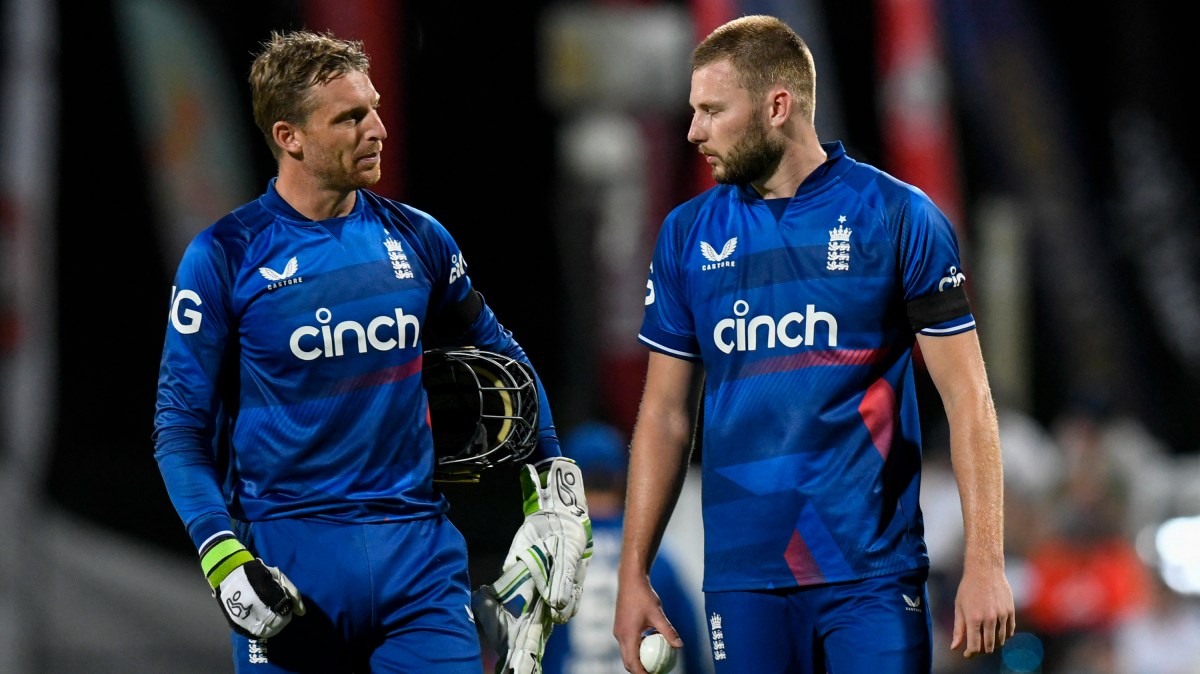
England’s white-ball team, featuring a relatively inexperienced squad with just four players having played more than 10 ODIs, faced a series of challenges in the West Indies.
Despite strong positions in all three matches, England succumbed to defeats, highlighting the need for growth and adaptation.
The series loss, following a difficult World Cup campaign, underscores the transitional phase the team is undergoing.
Key Performances and Areas for Improvement
The series saw notable performances from players like Rehan Ahmed and Sam Curran.
Ahmed, stepping in as a potential replacement for Adil Rashid, impressed with his bowling, taking five wickets across the series.
Curran, despite a mixed series, showed promise with both bat and ball. These individual performances are encouraging signs for the team’s future.
Emphasizing Team Spirit and Cohesion
Matthew Mott, reflecting on the series, highlighted the importance of building a team that enjoys playing together.
He acknowledged the frustration of not putting together a complete game but remained optimistic about the team’s future.
Mott’s focus on fostering a positive team environment is crucial for the squad’s development.
Adapting to a Different Format
With the ODI series concluded, England’s focus shifts to the upcoming T20 series against the West Indies.
This change in format presents an opportunity for the team to regroup and apply lessons learned from the ODI matches.
Mott expressed confidence in the team’s ability to transition smoothly into the T20 format.
New Additions and Role Clarifications
The T20 series will see changes in England’s squad, with the inclusion of players like Chris Woakes, Rashid, Moeen Ali, Reece Topley, and Tymal Mills.
These additions bring experience and variety to the team. Jos Buttler’s return to opening the batting is another strategic move, aiming to maximize his impact at the top of the order.
Mentoring and Backroom Influence

Andrew Flintoff’s involvement in the England set-up adds an interesting dimension to the team’s development.
His mentoring role, now formalized, brings valuable experience and insight to the squad.
Flintoff’s high-profile return to coaching, including his role as head coach for Northern Superchargers in The Hundred, is a significant boost for the team.
Conclusion: Patience and Progress
The current phase of England’s white-ball cricket team is one of transition and potential.
Under Matthew Mott’s guidance, the team is gradually finding its feet, with individual performances hinting at a promising future.
The shift to T20 cricket offers a fresh start and an opportunity to apply the lessons learned from the ODI series.
With strategic squad changes and the influence of mentors like Flintoff, England’s white-ball team is poised for growth and success, provided patience and support are given during this transformative period.
